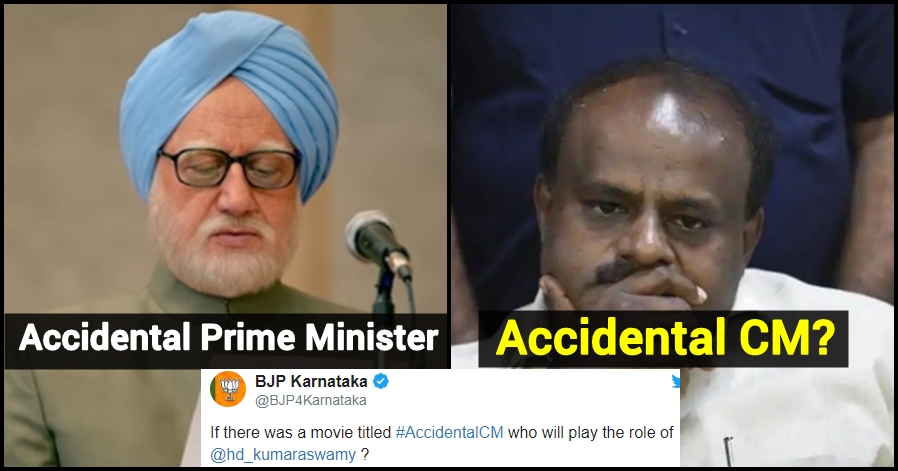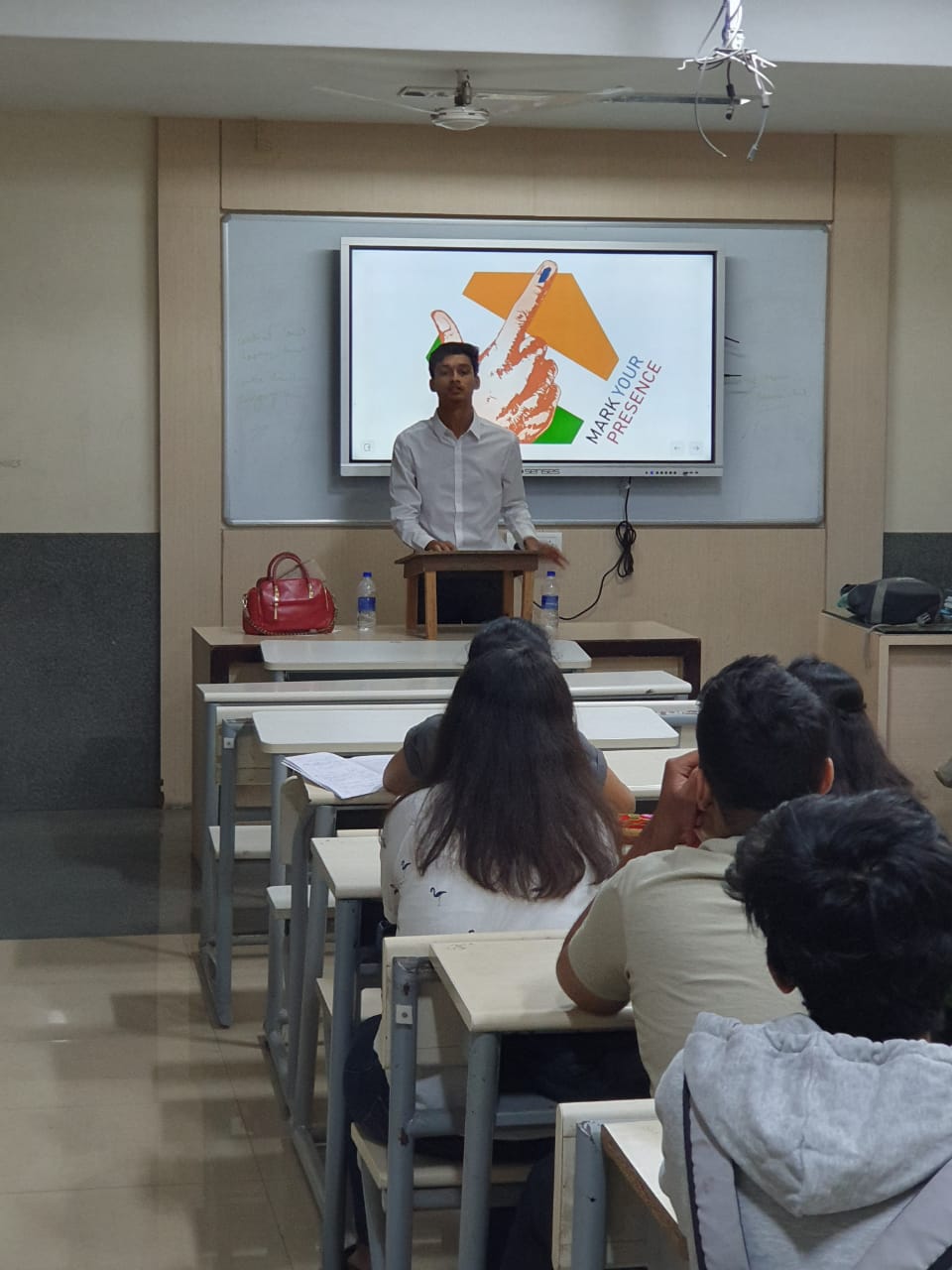No products in the cart.
After 34 years, the education system entirely changed in India- 19 major points you must know
The new “Education Policy” is one of the greatest decisions taken by the Modi government after over 3 decades. The most debated and demanding change has finally occurred.
This was literally the wish of every single child or student who has long been fed up with the ongoing retarded education system. Finally, learning will be fun.
The 10+2 system is going to be divided into 5+3+3+4 format. This means that the first five years of the school will constitute the ‘foundation stage’ including three years of pre-primary school, Class 1 and 2.
The next three years will be divided into a preparatory stage from Class 3 to 5 followed by three years of middle stage (classes 6 to 8), and finally, four years of secondary stage (classes 9 to 12). Schools will not have any rigid formation of streams of arts, commerce, science and students can take up whichever courses they want.
Board examinations:
Keeping the board exams for Class 10 and 12, the new education policy intends to make them easier by testing only “core capacities” of students.
“Boards may over time also develop further viable models of Board Exams, such as -annual/semester/modular Board Exams; offering all subjects beginning with mathematics, at two levels; two parts exams or objective type and descriptive type,” the NEP highlights on schools says.
Assessment will be done through a “multidimensional report” of students appearing for the board exam. Apart from teachers’ assessment, the progress card will include self-assessment and peer assessment. The school education secretary, Anita Karwal, said that the NEP also proposes having “modular” board exams that are conducted more than once in a year. Apart from board exams, the policy proposes “school exams” in Classes 3, 5 and 8.
Experiential learning:
The new education policy will bring new hope for the students. It will be easy for the students to learn along with “discovery-based, discussion-based, and analysis-based learning”. There will be “bagless days” and visits to local craftsmen and the possibility of vocational training from Class 6.
Implementing competency-based learning, NEP 2020 has provided room for flexibility and choice of subjects to study, particularly in secondary school. Students will be allowed to choose physical education, the arts and crafts, and vocational skills as per their preference.
Language and Curriculum:
As per the new policy, the medium of learning will be the mother tongue until the 5th grade and three languages to be taught. Any three which the state government decides.
The curriculum, according to the NEP 2020 will now include contemporary subjects such as Artificial Intelligence, Design Thinking, Holistic Health, at the “relevant stages”. The students will also be allowed to take up coding from Class 6.
General statement:
“It is a general statement of a government,” said Ambarish Rai, national convenor for the Right to Education Forum, an umbrella body of non-profits, activists, teachers and academics working on education. “[There is] nothing mandatory for the state or rights for the children and no clear mechanism for implementation. It has diluted the importance of the Right to Education Act.”












